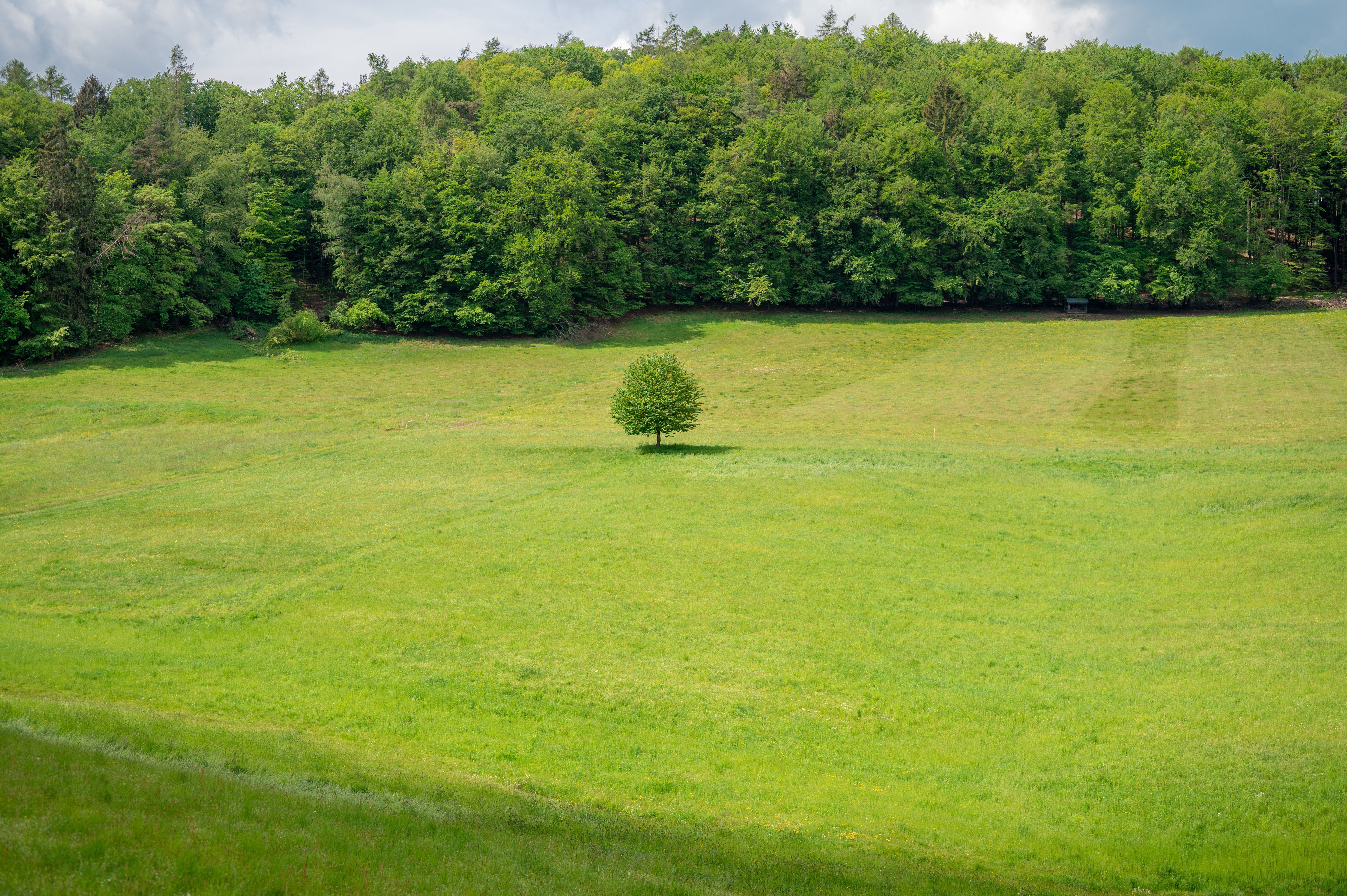Blog » Eco-Friendly Options to Honor Loved Ones

Eco-friendly options to honor loved ones include biodegradable urns, tree planting, green burials, and water-based cremation services. These choices allow families to celebrate the lives of those they’ve lost in ways that respect and protect the environment, leaving a lasting legacy of care for the planet. With an increased focus on sustainable practices, many families now seek alternatives that minimize ecological impact, helping to preserve nature for future generations while commemorating loved ones. Selecting eco-friendly memorials not only reflects the values of the departed but also creates a legacy that benefits both family and the planet.
Understanding Eco-Friendly Memorials
Eco-friendly memorials honor loved ones with minimal impact on the environment. Traditional burials and cremations often have ecological drawbacks, including high land use, emissions, and reliance on non-biodegradable materials. Eco-friendly memorials reduce these effects through sustainable practices and materials, creating a harmonious legacy with nature.
Eco-friendly memorials fall into several main categories:
- Biodegradable Products: Urns and shrouds made from natural, decomposable materials.
- Living Memorials: Trees, gardens, or park dedications in memory of loved ones.
- Low-impact Burial and Cremation Options: Processes that reduce emissions and energy use.
Each option offers families a meaningful way to honor their loved ones while supporting a sustainable future. By choosing eco-friendly memorials, families help build a legacy of respect and care for the natural world.
Why Choose Eco-Friendly Memorial Options?
For those who value nature during life, eco-friendly memorials offer a way to honor their beliefs. These options provide a lasting legacy that reflects care for both the departed and the Earth. Families may choose eco-friendly memorials to:
- Reduce Environmental Impact: Minimize emissions, waste, and resource use.
- Create Positive Legacies: Support green spaces, conservation, and sustainability.
- Honor Personal Values: Reflect a loved one’s dedication to the environment.
Families find comfort in knowing they are leaving a tribute that aligns with their loved one’s passion for the planet, fostering a legacy of conservation and remembrance.
Biodegradable Cremation Urns
Biodegradable cremation urns provide a beautiful way to honor loved ones while allowing their remains to return to the earth naturally. Made from materials like recycled paper, salt, and plant fibers, these urns decompose naturally. When placed in water or soil, biodegradable urns break down without harm to the environment.
Options for biodegradable urns include:
- Water-Soluble Urns: Designed for scattering ashes in water, these urns dissolve within hours.
- Earth-friendly Urns: Made for ground burial, these urns decompose over time, enriching the soil.
- Plantable Urns: Containing seeds, these urns grow into trees or plants, creating living tributes.
Biodegradable urns symbolize a return to nature and reduce environmental impact. They offer a meaningful way for families to keep their loved ones’ memories alive through the natural world.
Scattering Gardens and Memorial Gardens
Scattering gardens offer a peaceful location for families to release ashes in a natural setting. Many cemeteries and parks designate scattering areas that allow loved ones’ remains to integrate with the earth in a serene, preserved environment. Scattering gardens often feature native plants and trees, enhancing local biodiversity.
Memorial gardens may provide:
- Scattering Sites: Specific areas where families can release ashes.
- Memorial Markers: Plaques or stones that commemorate loved ones within the garden.
- Native Flora: Supporting local ecosystems and creating habitats for wildlife.
By choosing a scattering garden, families can honor loved ones in a tranquil, environmentally supportive space, creating a lasting connection between their memory and the beauty of nature.
Tree Planting Memorials
Tree-planting memorials create a living tribute that flourishes over time, embodying the spirit of the loved one. This eco-friendly option benefits the environment, providing a sustainable and beautiful way to honor someone’s memory. Trees purify air, sequester carbon, and support wildlife, making them an impactful memorial choice.
Benefits of tree planting memorials include:
- Environmental Contribution: Trees help purify the air and reduce carbon levels.
- Longevity: Trees can live for many years, creating lasting memories.
- Community Benefit: Tree planting in parks or public spaces enhances green areas accessible to all.
Families can plant a tree individually or through organizations that dedicate trees to memorialize loved ones. This creates a meaningful legacy that benefits nature and future generations.
Living Memorials Through Gardens and Parks
Living memorials, such as gardens or park dedications, allow families to celebrate loved ones in shared green spaces. Community gardens, dedicated flower beds, or sections of parks can become beautiful, lasting tributes. These memorials bring joy to the community and honor loved ones in a way that encourages environmental health.
Types of living memorials include:
- Community Gardens: Flower or vegetable beds that benefit local communities.
- Park Dedications: Sections of parks or gardens maintained in memory of loved ones.
- Commemorative Markers: Plaques or markers that honor individuals in these public spaces.
Living memorials offer a peaceful sanctuary where families can reflect, remember, and enjoy nature. These spaces serve as a public tribute, benefiting the community and honoring the memory of a loved one.
Water-Based Cremation (Alkaline Hydrolysis)
Water-based cremation, or alkaline hydrolysis, presents an eco-friendly alternative to traditional flame cremation. This process uses water, heat, and alkaline chemicals to break down remains without significant emissions. As a result, it has a lower environmental impact and aligns with sustainability goals.
Water-based cremation offers several benefits:
- Lower Emissions: Produces less CO₂ compared to flame cremation.
- Reduced Energy Use: Requires less energy, making it a sustainable choice.
- Non-toxic Process: Avoids emissions of harmful chemicals, protecting air quality.
Families who choose water-based cremation honor their loved ones with a sustainable option that respects both the individual’s memory and the environment.
Green Burial Services
Green burials provide a natural, eco-friendly alternative to traditional burials, using biodegradable caskets or shrouds. This method avoids embalming chemicals, allowing the body to decompose naturally and nourish the soil. Green burial sites resemble meadows or forests, creating beautiful landscapes that protect the local ecosystem.
Features of green burial services include:
- Natural Materials: Caskets and shrouds are made from materials like wood or bamboo.
- Preserved Landscapes: Burial sites that resemble natural forests or meadows.
- Chemical-Free Decomposition: The body decomposes naturally without embalming chemicals.
Choosing a green burial allows families to honor loved ones in a way that conserves resources and respects the earth, creating a legacy of environmental stewardship.
Supporting Local Ecosystems
Eco-friendly memorials often support local ecosystems by enhancing habitats and promoting biodiversity. Options that incorporate native plants or sustainable practices help foster habitats for wildlife and preserve natural landscapes.
Eco-friendly memorials supporting ecosystems include:
- Native Plants: Selecting plants that provide food and habitat for local wildlife.
- Conservation Donations: Contributions that protect local land or habitats.
- Habitat Restoration: Restoration projects such as reforestation to honor loved ones.
Memorials that support ecosystems help create sustainable futures while giving families a symbolic, meaningful way to remember their loved ones.
Digital Memorials and Online Tributes
Digital memorials offer a low-impact way to remember loved ones through lasting online tributes. These virtual spaces allow friends and family to gather, share memories, and honor the deceased without requiring physical resources.
Advantages of digital memorials include:
- Global Accessibility: Accessible to loved ones regardless of location.
- Low Environmental Impact: No need for physical materials, reducing waste.
- Personalized Tributes: Families can share stories, photos, and videos.
Digital memorials offer a modern and eco-friendly way to commemorate loved ones while maintaining a low environmental footprint. Families can connect from anywhere, creating accessible, lasting spaces for remembrance.
Composting and Natural Organic Reduction
Natural organic reduction, or human composting, transforms remains into nutrient-rich soil, creating a unique, eco-friendly memorial. This method uses natural decomposition, producing soil that can nourish forests, gardens, or conservation areas.
Key features of natural organic reduction:
- Sustainable Process: Reduces the need for traditional land and materials.
- Nutrient-rich Soil: Produces compost that can support plant life.
- Symbolic Return: Reflects life’s natural cycle, returning to earth in a meaningful way.
Natural organic reduction offers a symbolic, earth-centered choice for families who want to honor loved ones through a return to nature, nourishing new life in their memory.
Final Thoughts
Eco-friendly options to honor loved ones provide sustainable, meaningful ways for families to commemorate and celebrate lives. Each choice, from biodegradable urns to tree planting and digital memorials, supports a future where memories harmonize with nature. Families who choose eco-friendly memorials find comfort in knowing they’re honoring their loved ones in ways that protect and nurture the planet for generations to come.
Recent Blog Posts
- Eco-Friendly Cremation and Burial Options
- Direct Cremation in South Carolina and Why Families Prefer This Option
- Choosing a Funeral Home in South Carolina for a Stress-Free Process
- Burial or Cremation in Louisiana and Which Option Fits Your Needs
- Funeral Costs in New Jersey and Affordable Cremation Solutions
- Cremation Services in Louisiana and What Families Should Know
- Virtual Storytelling Ideas to Connect Generations
- Honoring Loved Ones with Meaningful Legacy Tattoos
- Healing Through Comfort Foods From Around the World
- How to Support a Friend Through Grief from a Distance
